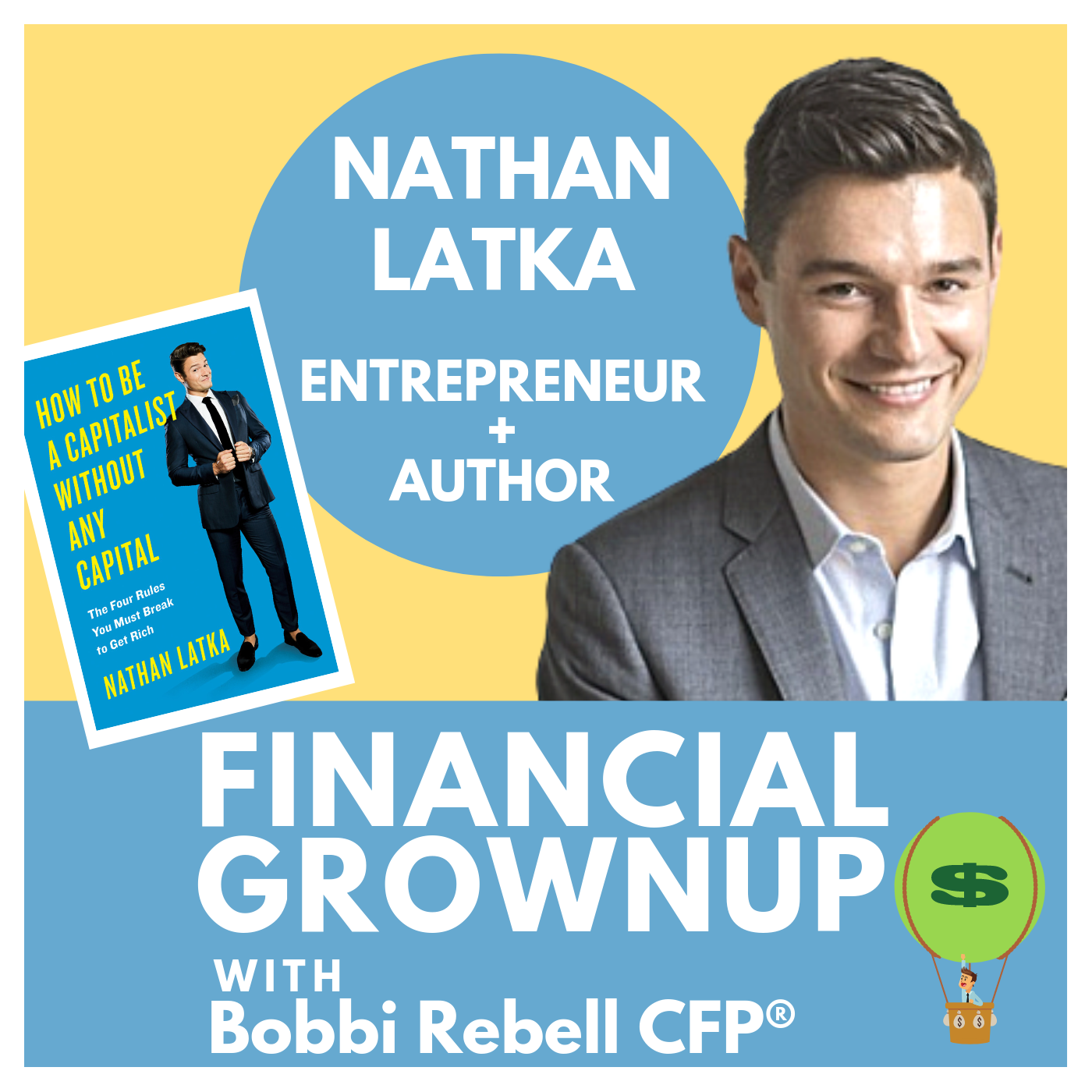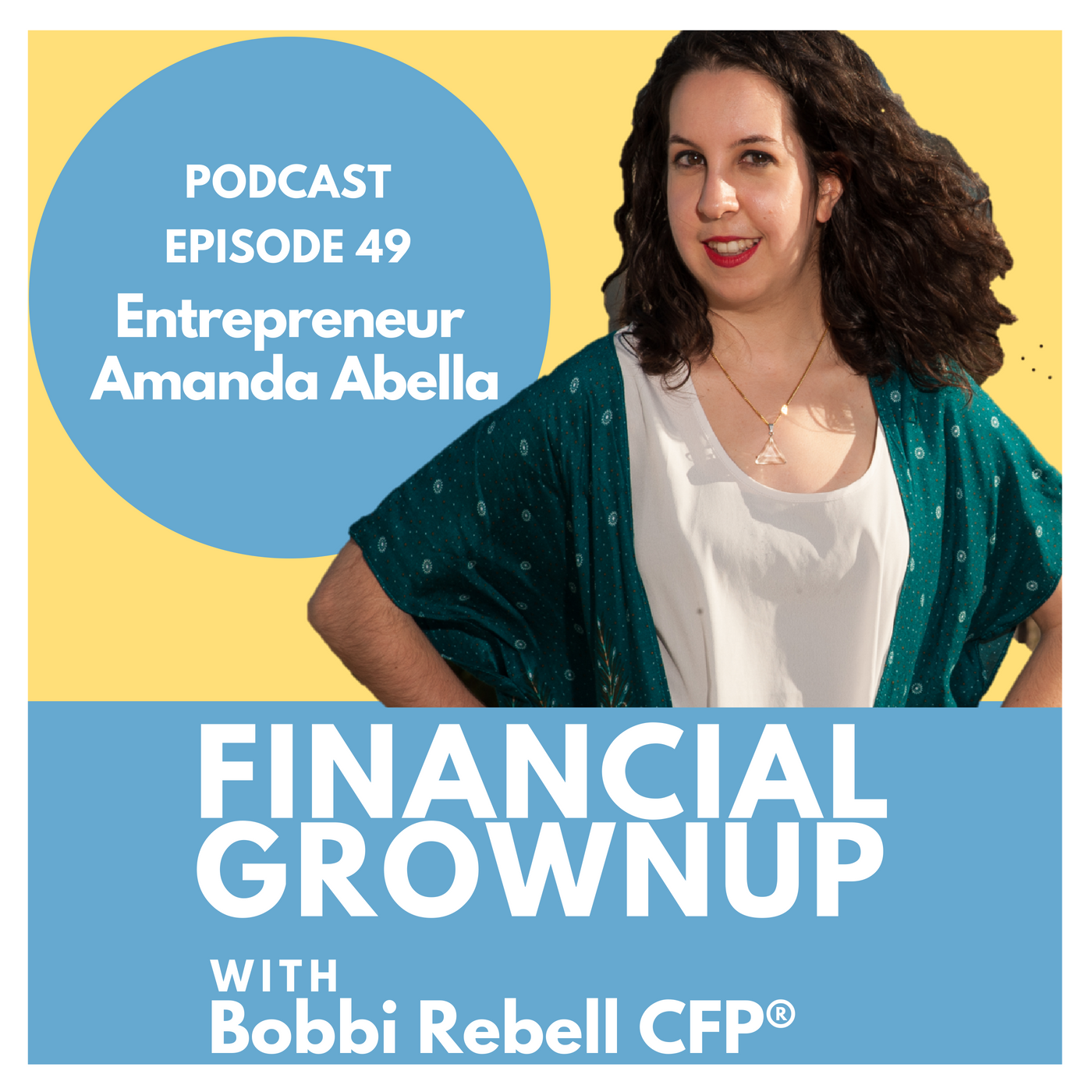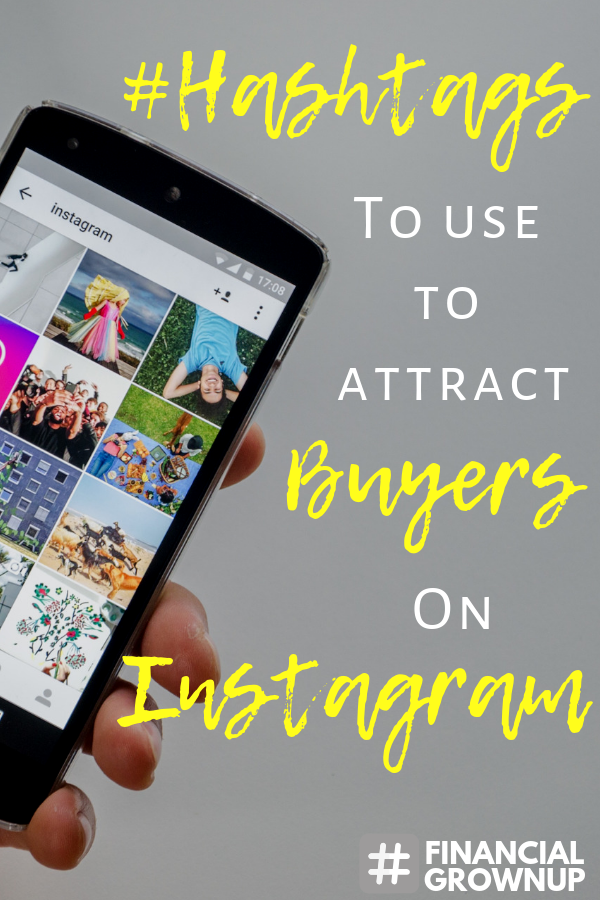Sarah Larson Levey is becoming a familiar example of millennial entrepreneur success, recently being featured on the cover of Inc magazine and her company Y7 studio being named one of the magazine’s most inspiring companies last year. Keeping her costs at extreme minimal levels helped entrepreneur Sara Larson Levey grow her side hustle yoga startup while still working her full time job for two years.
Sarah's money story:
I actually was really unsatisfied with the yoga experiences that I was having throughout the city. It left me feeling really frustrated and lacking in what I was looking for. I wanted something where I could still move and sweat and get a really great workout in, but at the same time get that mental clarity that is touted for yoga. I just really couldn't find that so I decided to start my own place to practice.
Bobbi Rebell:
Let's take it back a little. You're working in the fashion industry, you're married, you're in Brooklyn, you've got a job, you're busy, you're living your life. Most people, if they're not happy, they're going to fill out a form, a feedback form. You instead start a pop up. How does this happen and where does the money come from? Because you're 20 something, how old are you now?
Sarah L. Levey:
I'm 32 now. I was 26 at the time.
Bobbi Rebell:
Most 26 year olds are dealing with other financial things. How did you literally start this? Where did the money come from? What did you do?
Sarah L. Levey:
The money came from my job. I have always been really good at saving. It was really just supposed to be a pop up at first, right? We found a super, super cheap space. We hired teachers off of Craigslist who are willing to work just to get the teaching experience and that was kind of it. As soon as we realized that this was going to be a thing that there were other people who resonated with the kind of yoga that we are providing, that's when I started looking for a little bit more of a permanent space.
Bobbi Rebell:
One of the things, and I know this as a student, the space is unique. Can you talk a little bit about that and also how do you pay for that? Especially in a pop up because there's a heat element to it. The studios are darkened. It's a very different atmosphere, so there's definitely some investing that has to go on when you set up a space.
Sarah L. Levey:
Yeah, I think for us, we really knew what we wanted and we were lucky enough to find a space that already didn't have windows. We brought in our own heaters and we rented it out by the hour. This space was actually a very large recording studio that was not used during morning hours on the weekends, and that's where we went in.
Bobbi Rebell:
I think that's interesting because a lot of people don't think about that option to rent by the hour when you're starting a business. They might think you have to sign a lease for a longer period of time or come into a space. You were able to manage your cost that way.
Sarah L. Levey:
Absolutely.
Bobbi Rebell:
Then how does it go? You have this pop up, how are you getting the word out and how do you start expanding and funding that expansion?
Sarah L. Levey:
It was all word of mouth. We would go out at like 4, 5:00 AM and just flier all over Williamsburg and Brooklyn where the first location was and that's how people came in. That was really all we did. It was all Instagram, Facebook and flyering around the neighborhood. We didn't have budget for anything. There was no budget to spare. Everything was being funded by my job and my husband's job at the time.
Bobbi Rebell:
How did you get it to the next level? When do you feel you reached a critical point where you started thinking, this is really a thing and I might leave my job to do it? Because a side hustle doesn't always evolve.
Sarah L. Levey:
Right. It took a while. What's so great about New York is it is one of the few places where you can find a space that's willing to do a month to month or maybe do a split tenant kind of thing. We found a small 300 square foot space in an artist loft. All of the little suites were around 300 square feet. We paid a very, very small amount. Everything was included and we started out that way. The studio room could only fit 10 people maximum, and that's how we ran classes. We ran classes four a day before work and after work. I worked the front desk morning and night. My husband and I would switch off. The teachers were paid per student, so it was all dependent on them really getting the word out about their classes and bringing people in. We operated like that for a good nine months before we grew out of that space. Then we were fortunate enough to find another month to month space where we didn't really need to lay all this money out for security.
We were fortunate enough where the business was starting to generate enough cash that we could continue to float the business but that was it which is the reason that I continued working up until the spring of 2015. A good two years after we opened the studio.
Bobbi Rebell:
What kind of conversations were you and your husband having about money while this is going on? What was it like?
Sarah L. Levey:
It was interesting, it was the first time either of us had operated a business on a retail level. We didn't really know what we're doing, but I felt really confident that I didn't want to put classes on the schedule or do things around the studio that would put the vision of the experience in jeopardy. I wanted to always make sure we could pay rent, pay the teachers and also continue not to put pressure on ourselves so we could still do the things we wanted, have both really.
Bobbi Rebell:
Looking back, what is the best thing you did in terms of financial decisions with the business and what's something that maybe you would do differently?
Sarah L. Levey:
That's a tough one because I love our journey so much. I think it's super interesting and an ode to really the fact that you can self-fund a business. We didn't take on private equity funding until we were six studios in and that was a choice on our part. It was definitely a little bit stressful but it was a choice we made so we could really hone the experience and not bring on partners who just had ideas to make more money, have a better cashflow. We were able to preserve the experience of the business. We included mat and towel at first and our laundry expenses were really, really high. I would have started charging for those immediately because we always felt the pinch around that. Other than that, I can't really see doing in another way.
Bobbi Rebell:
How did things change when you did take outside funding?
Sarah L. Levey:
We decided to take on outside funding to really be able to sign nicer spaces. If anyone has ever been to the Flatiron studio or the Union Square studio, those were studios that I painted the walls. I was the one on Craigslist finding people who could throw up a devising wall. We did all the electrical. We commissioned people to build the front desk or things like that. It was super, super bootstrapped. The more people that were coming in and out of the studio, we really wanted to have a little bit nicer amenities because it is hot yoga. We wanted to be able to have showers if we needed to and those things were really, really expensive. Taking on capital for us was a way to really open the doors to higher end retail spaces and have the money to invest in the build-outs.
Sarah’s money lesson:
I would say be realistic. It is totally okay to do two things at once and it's important, that way you don't lose sight of what your actual vision is. I think that if you're stressed about your personal finances, you're always going to be looking for ways to have your business make more money, right? Because you're feeling the pressure personally of like, oh my gosh, how am I going to do this? How am I going to do that? I think that's when people tend to lose the passion for their business because it becomes more of like, it's not growing fast enough, it's not doing what I want to do fast enough. A lot of good concepts take time and they take consistency to work. I would say just be really realistic and don't assume anything when you're planning. Don't assume things are going to work out exactly the way you want. There's always going to be hiccups and you have to be ready to combat that.
Bobbi Rebell:
Is there an example of a hiccup that you can share?
Sarah L. Levey:
Oh yeah, of course. Our first Williamsburg studio was in the basement and there was a spring where we had a ton of snowstorms and then all of it melted and then it rained for like a week straight, the entire studio flooded. It cost us $20,000 which was a huge amount of money to us at the time. We had to replace all the floors, all the electrical. We had to redo basically the entire studio because of a flood. That's something that I never, I don't know, I'd never lived anywhere with a base. I don't know, it just didn't occur. It didn't occur to me and I was like, oh. I was like, I guess we have to close and do all this stuff. Then we had to get a mold check and just all of these things that you don't even think of. That was something that I was like, oh, okay, cool.
Bobbi Rebell:
Oh my gosh. Did you have insurance? Did you have insurance?
Sarah L. Levey:
Not at the time.
Bobbi Rebell:
Okay, but now you do.
Sarah L. Levey:
That is right. Lesson learned.
Sarah's everyday money tip:
Well, I used to all the time, purely out of convenience. I'm a big Postmates girl, I'm Postmating everything and then all of a sudden I was looking at my credit card bill. I was like, what am I spending so much money on? Everything was adding up. Once you do the delivery fee, you add the tip. I'm spending $30 on lunch every single day and it just adds up. Now I make a point where every Monday, I'm very lucky Whole Foods is directly across the street from our office. I stop at Whole Foods every Monday. I'll grab lettuce, vegetables, chicken, whatever it is so I have enough and I bring it to the office and I stick it in the fridge and it's basically like I have enough at the office to make lunch for myself every day. It takes so much pressure off of like making sure I order with enough time before I have to go to a meeting, being really stressed about it. It's here. I can make it when I need it and I'm set for the week.
Bobbi’s Financial Grownup tips
1.Create additional stakeholders in your projects. Sarah empowered her initial round of teachers by paying them per students. The first win is that it saved Sarah on her cost, but the even more important thing it did was it rewarded the teachers for the impact that they made on the business. The more students they could bring, the more they made.
2.Buy insurance if you need it. Sarah blew it at first on this one. The flood sounds like it was a nightmare. Insurance would have cushioned the blow.
Episode Links:
Sarah’s website - www.y7-studio.com
Follow Sarah and Y7!
Some of the links in this post are affiliate links. This means if you click on the link and purchase the item, I will receive an affiliate commission at no extra cost to you. All opinions remain my own.














